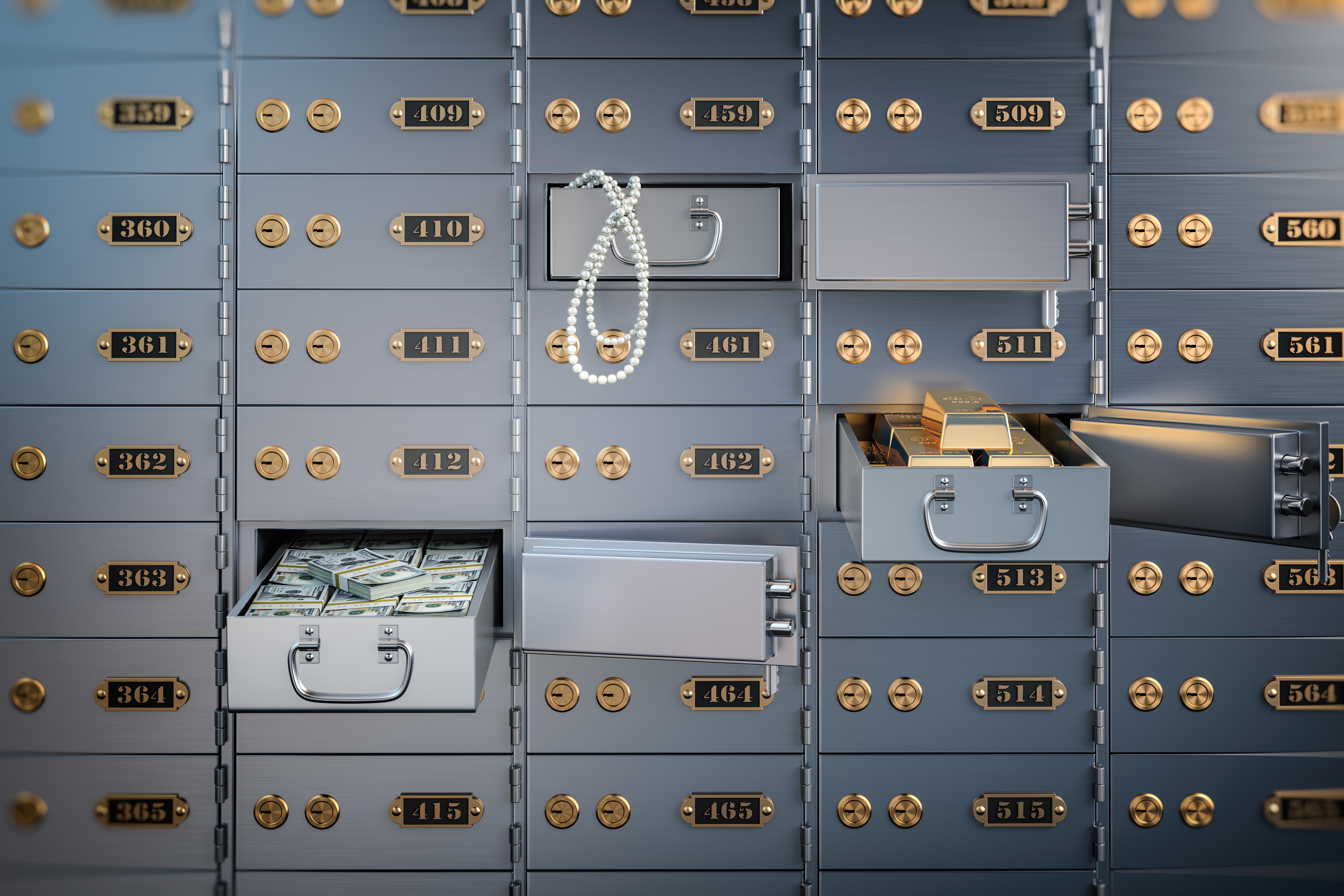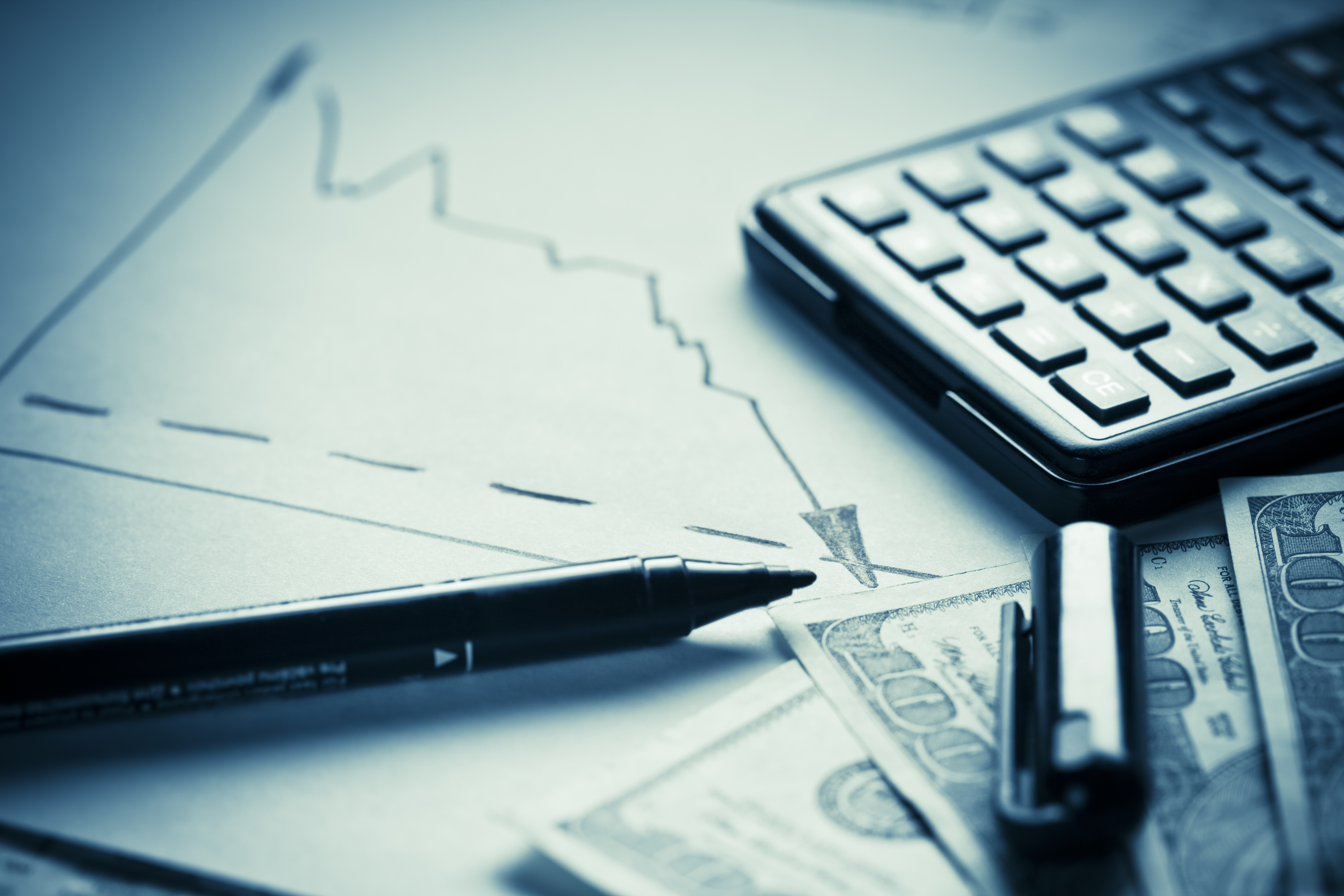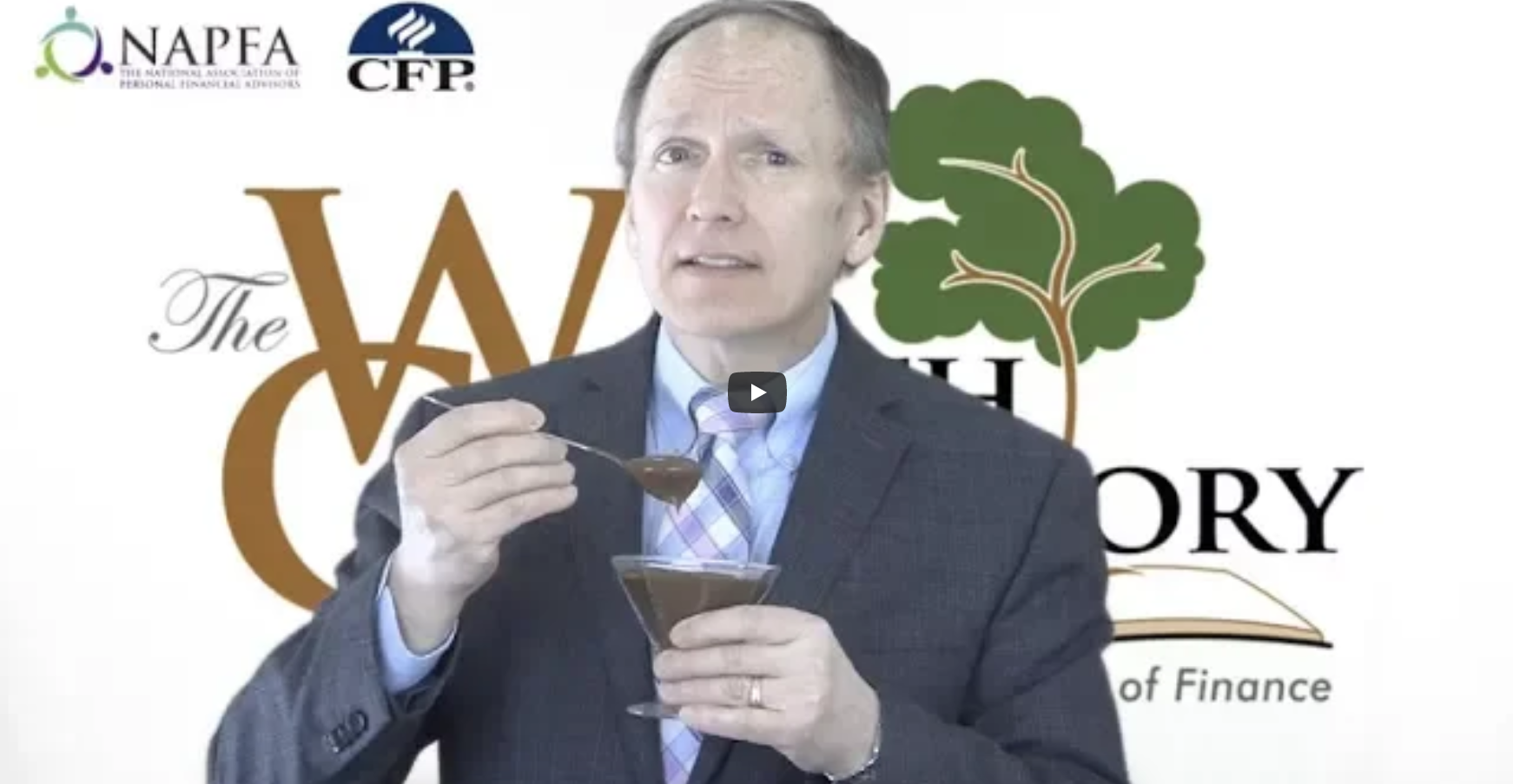It’s fun to think about what the future will look like, but of course we’re usually wrong. Looking ahead from the 1960s and 1970s, movies like “Back to the Future” and cartoon shows like “The Jetsons” had us flying around in our cars, while still talking on land line phones and faxing documents from place to place. The Internet was undreamed of, and who imagined there would be computers in every home?
Jay Hutchins
Global stock markets have been spooked by the escalating trade disputes between the world’s two largest economies: China and the United States. And there is no evidence that the dispute is about to be resolved. Recently, U.S. President Donald Trump raised tariffs on $200 billion worth of Chinese goods and began taking steps to tax nearly all of China’s imports. The new tariff levels are an unprecedented 25% of the value of the Chinese goods coming into the U.S., raising the costs of seafood, luggage and electronics. China, meanwhile, has placed tariffs on nearly all of America’s exports into the Middle Kingdom, including agricultural products.
When people want to protect important papers like their wills and trust documents, or valuables like rare coins or precious jewelry, they understand that it’s not generally wise to keep them laying around the house. Much better—so goes the conventional wisdom—to put those items in one of the 25 million safe deposit boxes at local bank branch offices around the U.S. There, they’ll be protected by a foot-thick steel door and a system with two keys, one kept by the customer, one by the bank.
Chances are that you know that the Social Security trust fund is due to run out of money—or “deplete its reserves” as economists put it—by the year 2035. The actual time frame depends on some forecasts, including economic growth, number of workers who remain in the workforce and the number who retire—but the clear point is that Congress is going to have to take action in the next few years if it wants to prevent a lot of angry seniors from heading vengefully to the polls.
We all know that inflation gradually erodes the value of our dollars, and you’re probably aware that this is one of the main reasons for investing in the stock market. If you hide your money safely under your mattress, it becomes incrementally less valuable each year depending on the inflation rate. To keep pace, you have to find ways to make it grow at least as fast as the value of a dollar is falling.
Everybody should have a power of attorney—that is, a legal document that gives a designated individual the right to act on their behalf when making financial decisions. The power of attorney is most often used by adult children to make decisions on behalf of aging parents when they are no longer capable of making sound decisions on their own.
Why are some people wealthier or more successful than others? The default explanation has always been that the wealthier among us are more diligent and/or smarter or more talented than the less wealthy so that the cream eventually rises to the top.
Technology for health is finally moving beyond the Fitbit and counting your steps, to more complicated and useful feedback like improving your posture and correcting your running stride.
.png)
.png?width=440&height=102&name=Wealth%20Conservatory%20Logo%20(1).png)










